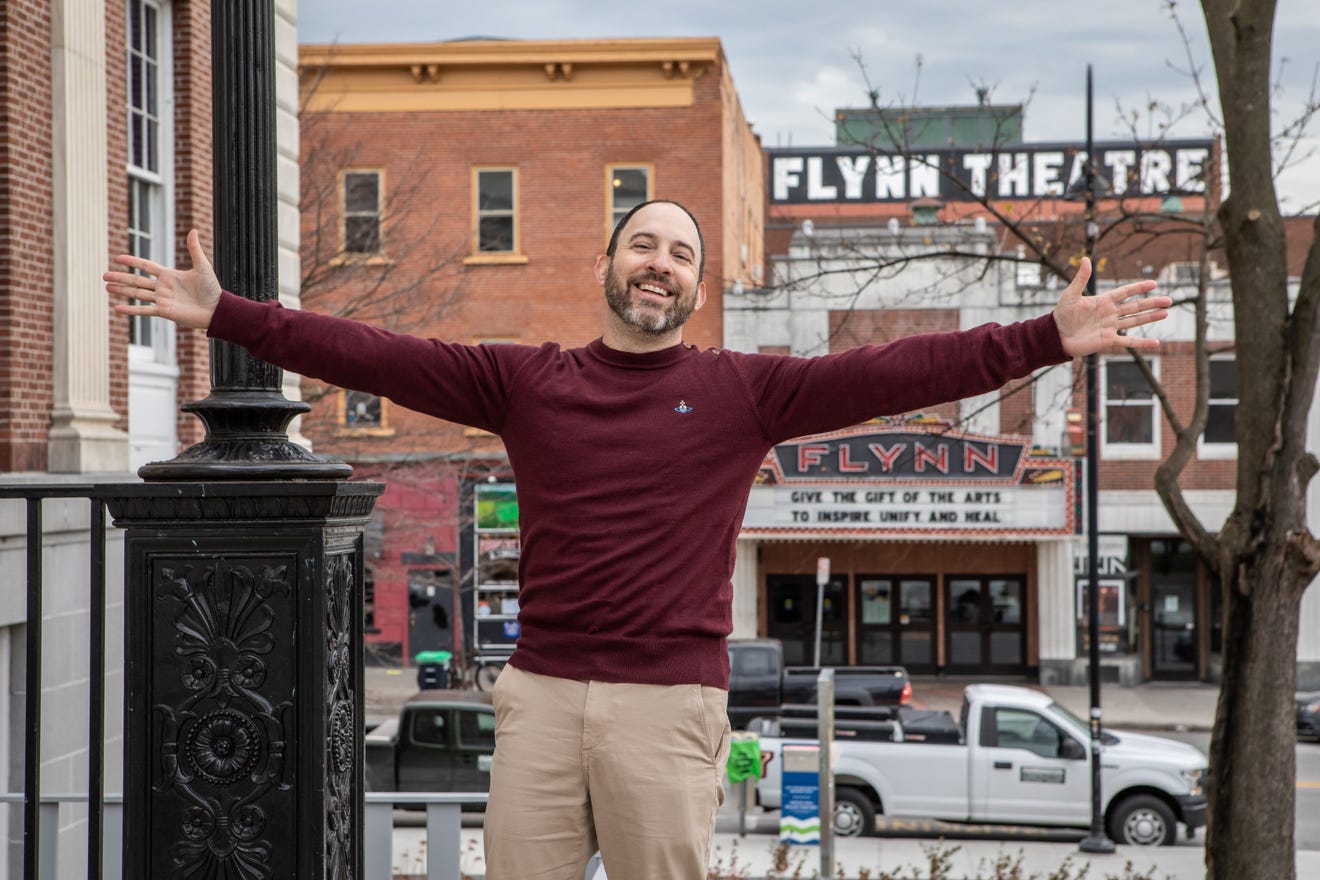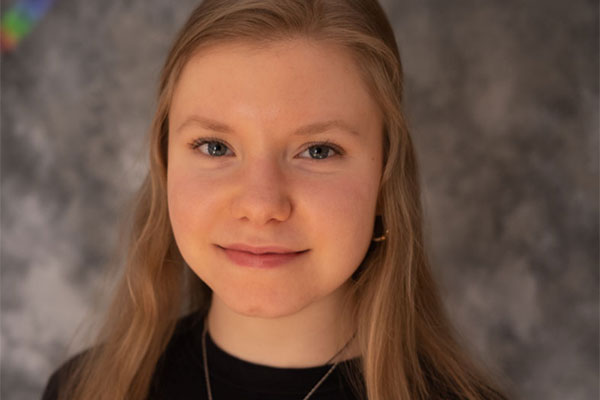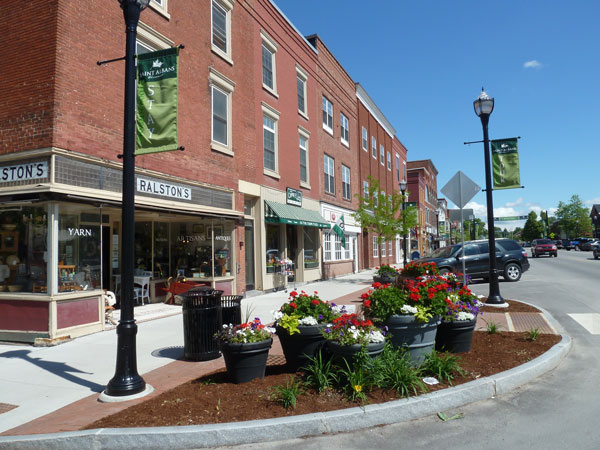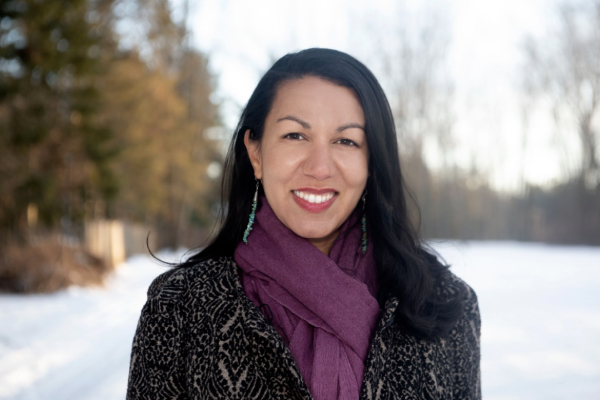By: Desmond Peeples | Photo Courtesy of Vermont Arts Council
Leaders of arts and cultural organizations must draw on perhaps until now untested courage and fortitude to navigate today’s choppy seas. A viral pandemic, economic devastation, unending climate crises, and mass demonstrations to end systemic racism—all are reshaping the cultural landscape. How will these factors shape the arts now and in the future?
As part of a new series featuring Vermont’s arts and cultural leaders, we’re asking how they are navigating these peculiar times. We hope that the responses might help other arts and cultural organizations chart their own voyage.
This month we feature Jay Wahl, executive director of the Flynn in Burlington. Wahl came to the Flynn from Philadelphia, where he was the producing artistic director for the Kimmel Center for the Performing Arts for 11 years.
YOUR NAME and TITLE: Jay Wahl, Executive Director
YOUR ORGANIZATION: The Flynn
YEAR YOU JOINED ORGANIZATION: 2021
MONTH/YEAR YOU WERE APPOINTED TO CURRENT POSITION: January 2021
What makes you hopeful for the future?
Spring. Smiles. Shorts. Those little shoots of green coming up from the ground.
What’s the most challenging part of your work currently?
Remembering to breathe. Being patient with myself.
How have you changed as a leader in the last six months?
So much has changed. New job, new home, new state… I’m learning how to manage the short-term challenges while planning for the long term opportunities.
What are you prioritizing?
My team. The people you work with should always be top priority. The team at the Flynn are such talented, giving people, and we’ve all had quite a year.
How do you see your relationship with your audience or constituents evolving over the next five years?
Audiences and the many communities they are a part of are central to the work. I think more and more we’re discovering ways to meet audiences where they are; lifting up their stories, questions, and dreams. How are those things reflected in our performances more clearly? How is the work directly relevant and experiential for the people we serve? How can we prioritize the voices of people we haven’t always let speak? How can bodies and journeys who may sometimes be invisible become center stage?
How can cultural institutions and organizations participate in the current call for creating a more diverse, equitable and inclusive world?
Art creates empathy. We see the body of a dancer and we understand that we have something deeply in common with them. The arts must show us how all people can be both different and yet so alike. When we only tell the stories about ourselves, we deny others’ opportunity to take part in the full breadth and joys of society.
What are some lessons learned or advice that you can share with other organizations who are grappling with the multi-faceted challenges of this time?
Change happens at the speed of trust.
Anything else that you’d like to add?
Arts and cultural experiences can be communal (dancing and jamming to the beat in a crowded venue), familial (cooking a cherished holiday meal together), personal (taking in the poetry of the trees on a hike), or spiritual. Give yourself a moment to enjoy all the ways that these things lift you up and allow yourself to take energy from it all—then share that gift with someone else.




